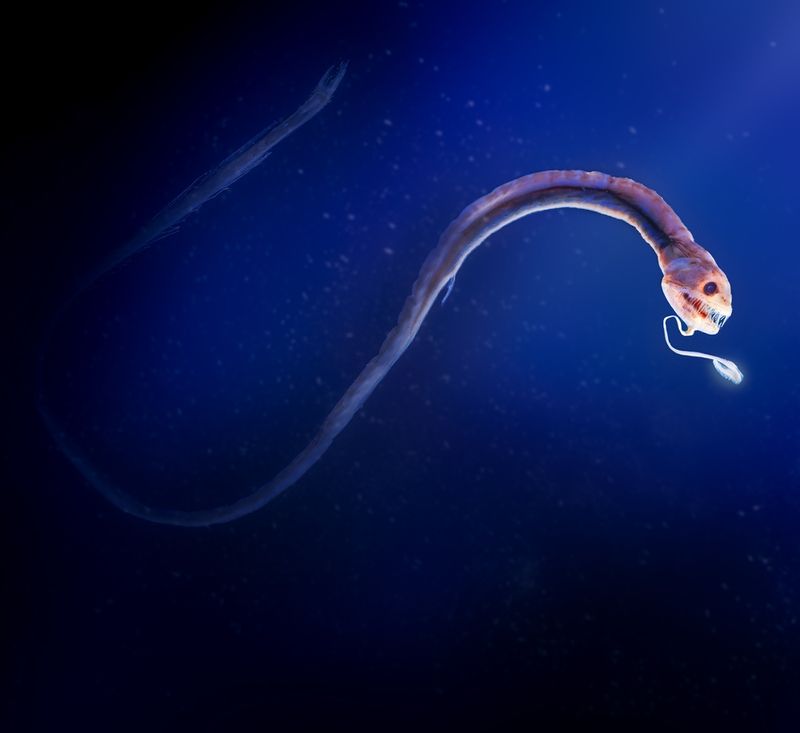Male bottlenose dolphins of Shark Bay, Australia have individual vocal calls and can remember which call goes with which individual, basically, they know each other's "names". This capacity to identify others' call has never been seen before for any other non-human animal, but is essential for the bay's extraordinary social groups, and crucial for sexual success.
Male dolphins worldwide engage in mating alliances. Sometimes this leads to the dark side of dolphin behavior, where a group of males will get together to rape a female who is clearly desperate to get away. More often, however, it involves an alliance keeping other males away from an apparently unperturbed female.
Studies of dolphins off Australia's east coast have found the larger the alliance of males, the more offspring they father, not just collectively, but per alliance member. The alliance-formation is intriguing to biologists because the males are seldom closely related, in contradiction to other species, and theoretical models of “selfish genes.”
Dr Stephanie King of the University of Western Australia wanted to explore the role of communication in maintaining these alliances, which can last decades. She recorded the Shark Bay dolphins' noises using underwater microphones.
Dolphins are known to have unique vocalizations that identify them. When these are recorded and played back to a dolphin it will respond differently to its own signal than to any other, indicating they identify with their own "name".
Other species with unique calls modify them when becoming part of a group, moving towards calls more similar to their group-mates, perhaps a sign their identity is being assimilated, Borg-like, into the collective.
In Current Biology King reports the dolphins she observed don't do this.
"We found that male bottlenose dolphins that form long-term cooperative partnerships or alliances with one another retain individual vocal labels, or 'names,' which allows them to recognize many different friends and rivals in their social network," King said in a statement. This, she adds, allows dolphins to “Keep track of or maintain a fascinating social network of cooperative relationships."
It's important to note King's findings may not be applicable elsewhere. Indeed studies of males in duos off Florida observed aligned calls. However, Shark Bay dolphins show multiple forms of behavior that have never been seen anywhere else in the world, either among other dolphins or among any other non-human species.
Among females, such unique activity includes novel feeding strategies such as wearing sponges for protection. Males form second-level alliance structures unlike anything reported elsewhere. Other dolphins simply form alliances of twos, threes, or a single recorded case of a four-way alliance.
In Shark Bay, first-level alliances of two and three members cooperate to herd females, maintained through rubbing fins against each other and swimming in synchrony, both of which release oxytocin. Second-level alliances with larger groups provide up to 14 males who can literally be called on for support if a competing alliance tries to take a female away.
The second level alliances involve what King calls “delayed cooperation.” She noted to IFLScience that for this to work “You need to be able to keep track of who you have cooperated with and the quality of the interaction.” It can be months or years before favors are repaid. Recognizing the “name” of every local dolphin is clearly important.
King told IFLScience the social complexity of Shark Bay appears to result from high population density and the shallow waters that make herding easier. Although the bay provides an unparalleled opportunity to study the development of complex social groups, King doubts the area's dolphins have greater cognitive capacity than other members of the species, instead putting to use capacities dormant in all bottlenose dolphins.




